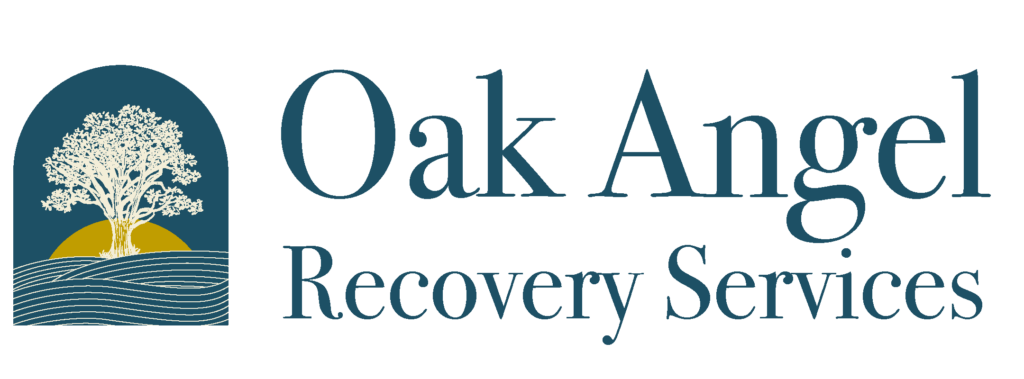Recovery is often viewed as a straightforward path from addiction to sobriety, but the truth is far more complex. Many people in recovery face setbacks, and one of the most difficult and misunderstood challenges is relapse. However, relapse is not the end of the journey—it’s often a part of it. It’s crucial to address relapse with compassion and understanding, as it can provide valuable insights and opportunities for growth.
Addiction is a complex disease that affects the brain, emotions, and behavior. Recovery, then, isn’t simply about avoiding triggers or going through treatment programs—it’s about reshaping your life, which can be difficult and messy. Relapse can be part of that process, and it doesn’t mean that someone has failed or is incapable of long term recovery. In fact, studies show that relapse rates for addiction are similar to those of other chronic illnesses, like diabetes or hypertension. Just because someone relapses doesn’t mean they’re hopeless or incapable of recovery. It’s a sign that the journey is ongoing, and the person can use the experience to learn and adjust their strategies.
Relapse can be triggered by a number of factors—stress, emotional turmoil, being around old friends or familiar environments, or even the allure of “one last time.” For many, it’s not about a lack of willpower or discipline, but about the underlying mental and emotional struggles that haven’t yet been fully addressed. Recognizing these triggers and knowing how to respond is part of the recovery process, and it’s one of the reasons why sobriety is not simply a one-time achievement, but an ongoing commitment.
The Role of Sober Coaches in Prevention and Recovery
Sober coaches are highly trained professionals who guide and support individuals in their journey to stay sober. They don’t just offer advice—they provide tailored strategies, accountability, and emotional support, all of which can be crucial during moments of temptation or vulnerability.
Here’s how sober coaches can help prevent or bounce back after a relapse:
1. Personalized Support
Sober coaches work one-on-one with their clients to understand their unique struggles and goals. This personalized support helps to address the individual’s specific triggers, emotions, and circumstances. By focusing on the root causes of their addiction, sober coaches can help clients build coping strategies and lifestyle changes that make long-term sobriety more achievable.
2. Accountability and Encouragement
One of the main roles of a sober coach is to be a source of accountability. When someone is tempted to relapse or feels overwhelmed by the pressures of life, a sober coach is there to remind them of their commitment to sobriety and offer encouragement. The regular check-ins and accountability from a sober coach help keep individuals on track and make it harder to slip back into old habits.
3. Developing Healthy Coping Mechanisms
Relapse often occurs when someone doesn’t have the proper tools to deal with difficult emotions or situations. A sober coach works with their clients to develop healthier coping mechanisms that don’t involve substances. These may include mindfulness practices, breathing exercises, journaling, or seeking support from others. When life inevitably gets challenging, these tools can be the difference between staying sober or falling back into old patterns.
4. Navigating Triggers and High-Risk Situations
Triggers—people, places, and things that make a person want to use again—are a common cause of relapse. A sober coach helps clients identify their personal triggers and plan ahead for how to handle them. Whether it’s avoiding certain environments, practicing refusal techniques, or building a support network, sober coaches equip individuals with a toolkit for navigating the challenges that come with recovery.
5. Bouncing Back from Relapse
If a relapse does occur, a sober coach doesn’t view it as a failure, but as an opportunity to learn. Together with the client, a sober coach can analyze what happened, why it happened, and how to adjust the recovery plan moving forward. Bouncing back from relapse is not just about getting back on track—it’s about gaining strength and resilience for the future.
A relapse is not a personal failure—it’s a sign that the recovery process needs further attention, and a sober coach is there to help. Whether someone is in the midst of their recovery or has fallen off the wagon, sober coaches provide non-judgmental support, offer realistic solutions, and help rebuild self-confidence and motivation.
Embracing Setbacks as Part of the Journey
It’s essential to remember that recovery is not a linear path. Setbacks and relapses don’t mean you’re not capable of recovery—they mean you’re human. They mean that there are areas in your life that need more work or deeper healing. They mean that you’re learning and growing.
In the recovery world, there’s a common saying: “Relapse is part of recovery.” It’s a reminder that the road to lasting sobriety isn’t about avoiding setbacks, but about how you respond when they happen.
If you or someone you love has relapsed, remember that it’s not the end. It’s a chapter in a longer story, and there is always room for a fresh start. With the right support, the right mindset, and the right resources—like a sober coach—you can get back on track and continue on your journey toward a healthier, more fulfilling life.
Recovery isn’t about perfection. It’s about persistence. And in the face of relapse, it’s about rising again.
If you are interested in working with an experienced sober coach, please reach out for a complimentary consultation by calling 843-995-5806 or visit our services page for more information.


